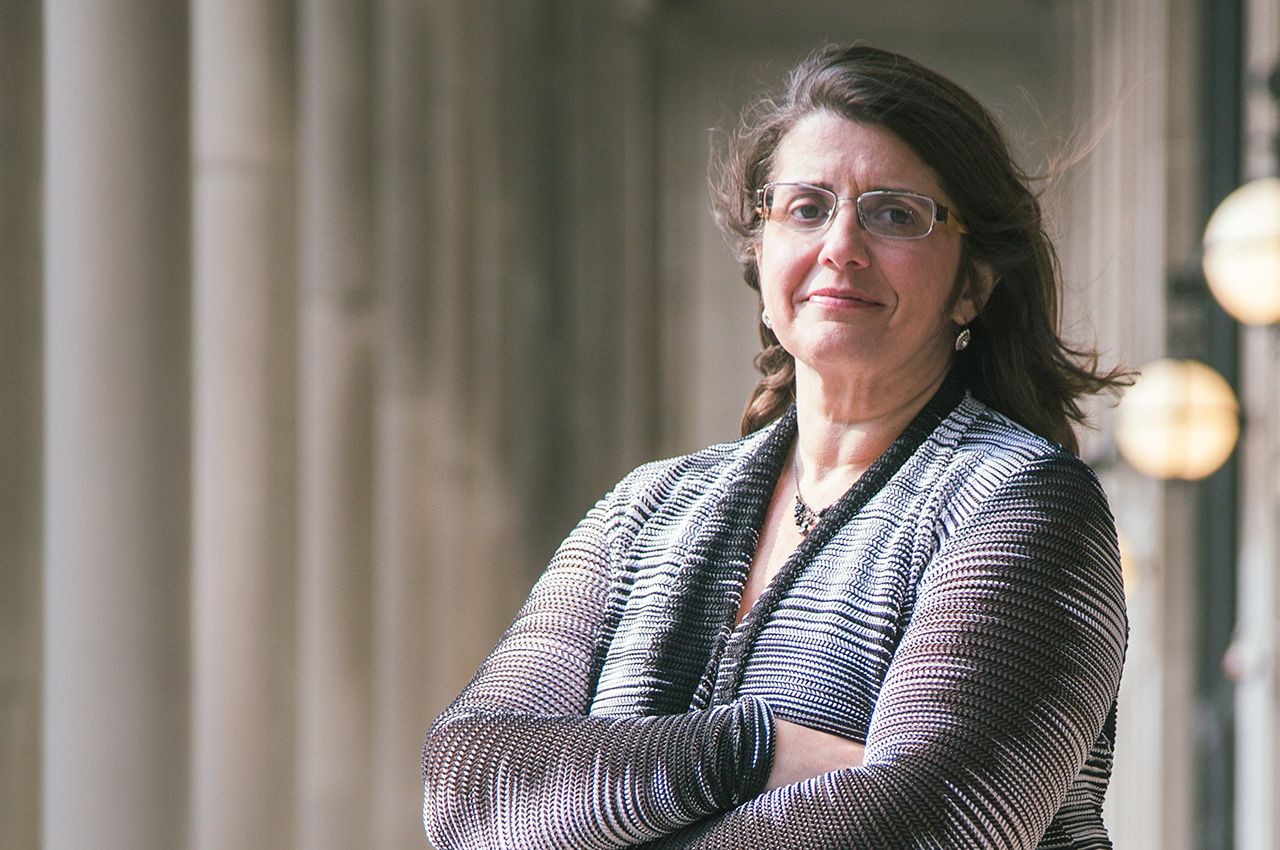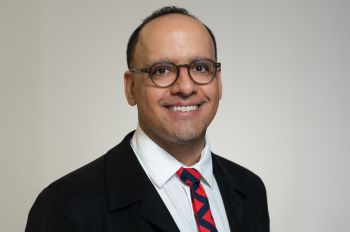Chicago-Kent Professor Carolyn Shapiro Elected to American Law Institute

“You have to be nominated by people who recognize your work and think you have something important to contribute to this organization, so it’s really an honor,” says Carolyn Shapiro, co-director for the institute on the Supreme Court of the United States and professor of law at Chicago-Kent College of Law.
Shapiro was recently elected as a new member of the American Law Institute (ALI), an independent scholarly organization that was formed nearly a century ago to address uncertainty and complexity in American law.
“It’s also really an honor when you look at the people who you’re joining,” she says. “It’s just an extraordinary group of legal practitioners, scholars, and folks who come at questions about the law from so many different perspectives. I’m honored and thrilled.”
ALI publishes Restatements of the Law, Model Codes, and Principles of Law, publications that influence courts, legislatures, and academic institutions. ALI members contribute to the drafting, discussion, and revision of these publications.
Shapiro, whose scholarship is largely focused on the institutions of our constitutional democracy, in particular the United States Supreme Court, and how those institutions interact, is ready to hit the ground running.
“They’re looking at doing an election law project, a restatement, and that’s one that I’m particularly excited about,” she says. “I’ve already put my name in to be involved in the consulting group.”
ALI, incorporated in 1923, was created “to promote the clarification and simplification of the law and its better adaptation to social needs, to secure the better administration of justice, and to encourage and carry on scholarly and scientific legal work.” It bills itself as the “leading independent organization in the United States producing scholarly work to clarify, modernize, and otherwise improve the law.”
Four other members of Chicago-Kent’s faculty are currently members of ALI, including faculty members Katherine K. Baker, Nancy S. Marder, Graeme B. Dinwoodie, and Steven J. Heyman.
“ALI has been writing things such as restatements for decades. They try to describe the way the law is and do something that is useful to practitioners, judges, and academics,” says Shapiro. “There are a lot of judgment calls in that, and I think it’s important to have a lot of different types of voices involved in those judgments.”



